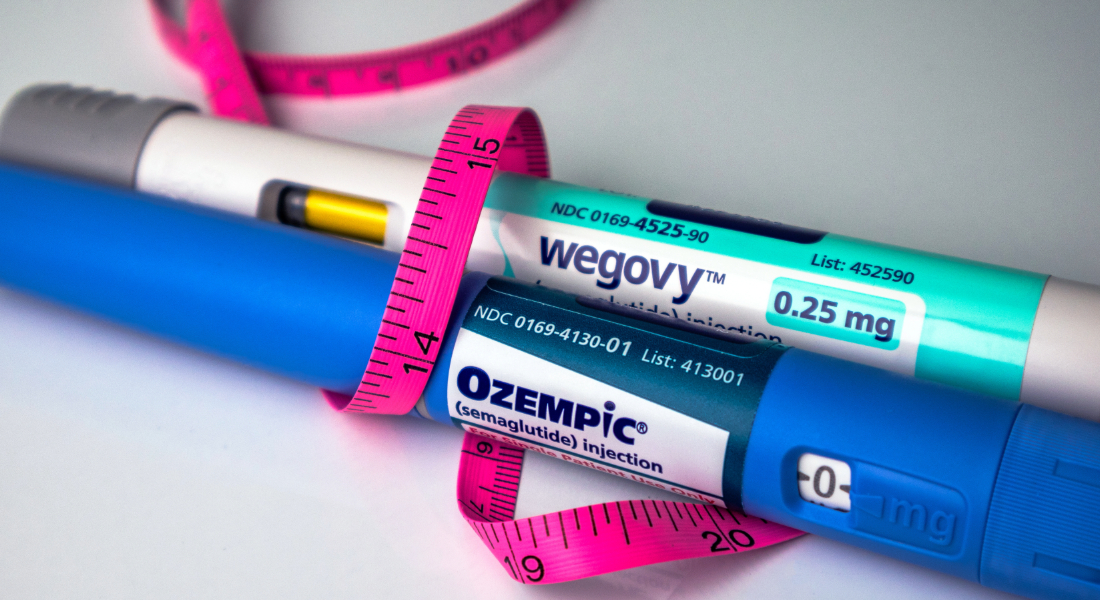School of Pharmacy joins inaugural Pharmacogenomics Accelerator cohort

The Texas A&M University Irma Lerma Rangel School of Pharmacy is one of three institutions set to participate in the inaugural cohort of the Pharmacogenomics (PGx) AcceleratorTM. The initiative, sponsored by the American Society of Health-System Pharmacists (ASHP) and the University of Minnesota College of Pharmacy, aims to improve the health of millions across the United States by personalizing medication therapies based on an individual’s pharmacogenomic profile.
Pharmacogenomics is a growing area of precision medicine that aims to tailor medical treatment to each person by looking at how individuals’ genetic makeup affects the way they respond to drugs. The PGx AcceleratorTM supports clinicians in implementing and growing pharmacogenomic services at their institutions. The 12-month program offers a wide range of learning experiences, including webinars and events with subject matter experts, access to multiple resources and activity streams, and individualized support from an implementation coach.
“We are thrilled to work collaboratively with innovative health systems across the country to advance patient care through personalized medicine. Incorporating pharmacogenomics into curricula at U.S. schools of pharmacy is an urgent priority. While clinical pharmacogenomics is included in the 2016 Accreditation Standards and key elements for the professional program in pharmacy, identifying the optimal structure and content of pharmacogenomics education remains a challenge,” said Sara Rogers, PharmD, BCPS, clinical assistant professor of pharmacy practice at the Rangel School of Pharmacy.
The cohort’s success relies on the evidence-based implementation science methodology and the all-teach-all-learn approach, along with dedicated coaches and field experts assigned to each institution as the program works to:
- Catalyze pharmacy leadership in pharmacogenomics service development.
- Accelerate the design and implementation of comprehensive pharmacogenomics services that demonstrate value to stakeholders (patients, health-system leaders and payers).
- Create an environment that supports shared learning and celebrates the success of leading-edge organizations investing in pharmacogenomics services.
“Our goal for the PGx Accelerator is to optimize medication outcomes for patients and support pharmacists as they take a prominent role in incorporating pharmacogenomics into clinical practice,” said Sophia Chhay, PharmD, assistant director of the ASHP Innovation Center. “We are pleased to have Texas A&M Pharmacy participate in our first offering of this pioneering effort.”
“The Texas A&M Rangel School of Pharmacy is committed to advancing the role of pharmacists in this emerging field. Together, we can improve the health of millions across the U.S. by personalizing medication therapies based on an individual’s pharmacogenomic profile,” Rogers said.
Froedtert Health and Wentworth-Douglas Hospital are also participants in the inaugural cohort. The three groups will provide an update on their efforts during a session at the ASHP Midyear Clinical Meeting & Exhibition in Las Vegas. Visit the Pharmacogenomics Accelerator web page within ASHP’s Innovation Center to learn more about this 12-month program.
Media contact: media@tamu.edu


